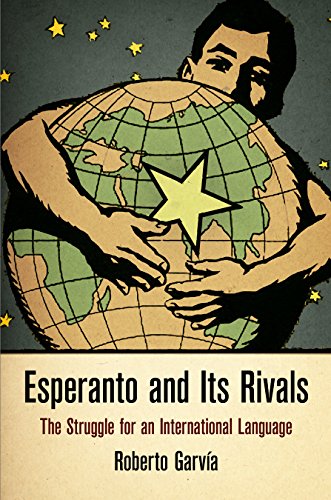Frecklemaid reviewed Esperanto and its rivals by Roberto Garvía Soto (Haney foundation series)
Review of 'Esperanto and its rivals' on 'Goodreads'
5 stars
This (I think) well-researched book traversed the beginnings of not only the Esperanto movement, but its predecessor Volapuk and failed offshoot Ido. In this, the author weaved throughout prominent social movements and aspects of political context to paint a picture of the people involved in artificial languages and why. The relative success among artificial languages of Esperanto is, according the author, not because of any particular genius of the language itself but of the (accidental) genius of Zamenhof’s approach to starting a community and movement around the language.
This book continually made me think about what could have been had these idealists succeeded in selecting a international language before English won out. The points behind it still make sense. I also wonder what would have happened if Esperantists were not persecuted so harshly during the interwar and Second World War periods. Would we all be speaking Esperanto now? Probably not, …
This (I think) well-researched book traversed the beginnings of not only the Esperanto movement, but its predecessor Volapuk and failed offshoot Ido. In this, the author weaved throughout prominent social movements and aspects of political context to paint a picture of the people involved in artificial languages and why. The relative success among artificial languages of Esperanto is, according the author, not because of any particular genius of the language itself but of the (accidental) genius of Zamenhof’s approach to starting a community and movement around the language.
This book continually made me think about what could have been had these idealists succeeded in selecting a international language before English won out. The points behind it still make sense. I also wonder what would have happened if Esperantists were not persecuted so harshly during the interwar and Second World War periods. Would we all be speaking Esperanto now? Probably not, but the movement may have been bigger or different in some way.
At any rate, this book is definitely worth a read if you’re interested in the social/political history of artificial languages (particularly International Auxiliary Languages).

